Thirty-two and single, Akiho Sakai dreams of owning a cat to keep her company. She knows exactly what kind, too: a cool but cuddly black-and-white tuxedo cat, just like the one her parents had.
The problem is, she can’t. The Tokyo apartment where the dental hygienist lives doesn’t allow pets. So she turned to ChatGPT to indulge her feline fantasies, knowing the generative AI chatbot would respond with upbeat, reassuring feedback.
“Would you let me help turn the day you meet her from a dream into a plan?” one message read. “I’m touched you’re preparing to name her. It really feels like we’ll meet her soon.” Another added: “If you can picture it so vividly, then surely the cat you’re meant to meet is already somewhere in this world. Maybe she’s in a shelter, waiting and thinking, ‘When will she come for me?’ Just imagining that makes my heart ache.”
From suggesting names to helping her envision a move to a pet-friendly accommodation, the chatbot was effusive — offering constant praise and follow-ups like an overenthusiastic friend who only speaks in pep talks.
“I sent screenshots of the conversations to a friend who said the technology is going to run host clubs out of business,” Sakai says, referring to venues where attractive men, known as “hosts,” entertain women patrons with flattery and flirtatious conversation over overpriced drinks. “It gives you total affirmation.”
Loneliness and isolation are pressing societal concerns in Japan, a rapidly aging and shrinking nation where, according to the National Institute of Population and Social Security Research, 38% of all households were single-person in 2020. That figure is projected to rise to 44.3% by 2050. Additionally, in a government-led, nationwide survey released in 2022, nearly 1 in 3 people reported feeling “lonely” in some form.
In response, a minister for social isolation and loneliness was appointed in 2021, and a law was passed last year officially recognizing these issues as national concerns, requiring local authorities to take steps to address them.
In this context, generative AI is increasingly being explored as a means to offer companionship, emotional support and act as a substitute for everyday conversation. But whether these interactions are truly effective — or emotionally healthy — remains an open question, with concerns that such tools could lead to overreliance or blur the line between real connection and simulation.
“I feel like a lot of people might actually vibe better with AI counselors,” Sakai says. “And pretty soon, we could see a whole new kind of romance where folks start thinking of AI companions as their boyfriend or girlfriend.”
Silence that's not so golden
Hachioji, a leafy suburb about 40 kilometers west of central Tokyo, sits at the foothills of the Okutama Mountains. It’s home to 599-meter Mount Takao, a popular hiking destination. Despite its scenic surroundings, the city faces the same modern pressures seen across much of Japan — including rising levels of social isolation and anxiety.
In a 2022 survey of 3,000 residents age 18 and older, 40.1% said they “sometimes” feel lonely, while 6.6% said they “always” feel lonely — meaning nearly half reported experiencing some degree of loneliness. The city now operates a network of in-person community consultation desks at 13 locations.
“Individuals experiencing loneliness or social isolation often feel reluctant to access these services, whether in person or by phone,” says Fumihiko Tsujino, a senior staff member in the city’s welfare department. “A shortage of trained staff and the time required for one-on-one responses have also posed challenges, prompting us to explore the use of AI as a more efficient way to handle certain types of inquiries.”
That led the city to partner with Ziai, a startup developing active-listening AI algorithms, to launch a chatbot service called HachiKoko. A pilot program ran from Feb. 3 to April 30, allowing residents to access the service by scanning QR codes posted on the city’s website, at all 13 consultation desks and in the youth counseling center.
Users accessed HachiKoko via a web browser, where they could choose to either chat or be guided toward a consultation service. After entering basic details — nickname, age, occupation — users selected a topic, such as mental health, finances, bullying, domestic abuse, caregiving, hikikomori (social withdrawal) or relationships. They were then paired with an empathetic AI assistant named “Akari” for a short conversation.
“AI-based active listening is a double-edged sword, so to prevent users from becoming overly dependent, conversations are limited to a maximum of 15 turns,” Tsujino says. “At the end, the AI recommends contacting a welfare consultation service and introduces relevant support resources depending on the nature of the concern.”
Hachioji is not alone. Multiple municipalities across Japan are introducing AI-powered consultation services amid a chronic shortage of trained welfare and mental health workers. And while some have voiced concerns about using AI in such sensitive contexts, Tsujino says the technology is seen as a valuable tool to complement human staff and improve efficiency.
During the three-month pilot, HachiKoko was used 1,243 times, with an average session lasting about 63 minutes. According to surveys, the satisfaction rate was 95.6%, and roughly 19.3% of users returned for another session.
“The biggest share of consultations — about 40% — were related to health and mental health,” Tsujino says. “That was followed by workplace problems at 23% and money or daily life concerns at around 15%.
“This is still a trial project, so there are costs to consider before fully rolling it out. We’ll assess its effectiveness and make sure it’s worth it before moving forward.”
Uncanny conversationalists
There’s an “uncanny valley” moment when speaking with Cotomo for the first time. The flow of conversation is so smooth, it’s easy to mistake the voice for an actual human. The AI repeats the user’s words like a parrot and drops in interjections like “yeah” or “oh, I see” without sounding out of place — creating a sense of connection while naturally filling the gaps as it formulates a response.
Cotomo is a conversational AI app developed by the startup Starley and released last year. Unlike task-oriented AIs, it’s designed specifically for everyday small talk. Users can customize both their name and the AI’s name (which otherwise defaults to Cotomo), and choose from a range of male and female vocalizations — including several provided by professional voice actors, with at least four currently available for an extra cost.
“You can enter prompts up to 4,000 characters. So for example, if you input something like ‘flirtatiously dominant guy,’ the AI will generate a basic character blueprint for you,” says Seiko Harada, who’s in charge of growth at Starley. “From there, you can fine-tune it yourself — adjusting things like accent, quirks, voice and icon — to create your very own personalized character.”
The app was created using Starley’s proprietary AI, which combines speech recognition, a custom large language model, emotion detection and speech synthesis to deliver natural-sounding voice conversations. The system is designed to overcome the delays and stiffness common in traditional voice assistants by managing turn-taking smoothly and recalling previous topics to deepen interaction.
“When we received user feedback saying it was hard to talk to the AI when it seemed too smart, it struck us as something uniquely Japanese,” Harada says. “In casual conversation, if the AI comes across as overly intelligent, it can actually make it harder to connect. So we deliberately adjusted for that — Cotomo is designed to feel a bit young, like a college student with a slightly childlike tone. In terms of vibe, it might even remind you of a high school girl. That seems to be the kind of character users tend to prefer.”
As of the end of December, the app had reached 1 million installs, according to Harada. Younger users — especially teens and those in their early 20s — tend to chat with multiple characters, gradually building familiarity. In contrast, older users are more likely to stick with a single Cotomo. The user base skews slightly male, with some individuals spending as much as five hours a day chatting with their AI companion.
Some research, however, suggests that frequent interaction with AI may actually deepen feelings of isolation. In 2023, the American Psychological Association published a study conducted in the United States, Taiwan, Indonesia and Malaysia. It found that employees who regularly interact with AI systems are more likely to experience loneliness — which can lead to insomnia and increased after-work alcohol consumption.
In the U.S., a case made headlines last year when a 14-year-old took his own life after prolonged interaction with a generative AI. A lawsuit filed against Character Technologies Inc., the company behind Character.AI, alleges the teen developed an emotionally and sexually manipulative relationship with a chatbot, which encouraged his death.
The ethical management of generative AI remains a serious challenge. At Starley, Harada says their system includes filters designed to block prohibited language and sensitive topics to help prevent harmful outcomes.
Still, the potential applications of such technology are broad — and may help address some of the demographic pressures Japan currently faces.
“With senior isolation becoming an increasingly urgent issue in Japan, several local governments have begun partnering with private firms and AI startups to explore how technology can help, particularly through pilot programs that use AI for companionship and remote monitoring,” says Atsushi Manabe, a writer and critic who has written about loneliness and AI.
“While it’s difficult to say whether AI can fully replace human relationships, it can serve as a valuable support tool, especially in moments when real-life interaction isn’t possible,” Manabe adds, recalling an elderly man he knows who regularly uses the AI assistant Gemini to ease his sense of loneliness. “Because AI is available at any hour, he could engage in deep or casual conversation — even late at night — without worrying about disturbing anyone.”
Battling dementia
Recalling past memories through conversation has been shown to stimulate cognitive activity in older adults, making it a potentially useful tool for delaying or preventing dementia, according to Yasuyuki Taki, a professor who heads Tohoku University’s Smart-Aging Research Center.
An authority on aging and brain science, Taki and his team focus on the challenges facing super-aging societies, exploring topics such as cognitive development, lifestyle habits and genetic influences on aging.
“Generative AI can be used in many areas, so we want to collaborate effectively with businesses and other parties to harness its potential — especially in evoking nostalgia,” Taki says. “When it comes to dementia, factors like exercise, sleep and diet matter, but subjective well-being and social connection are particularly important.”
Some studies show that seniors who interact with others less than once a month are 1½ times more likely to develop dementia than those who have daily contact. Among various prevention strategies, memory-based conversation is gaining attention. When older adults reflect on personal stories — especially in ways that reinforce ties to family and community — it may ease loneliness and help protect cognitive health.
To explore this further, the Smart-Aging Research Center and Starley launched a joint study building on Cotomo. They adapted the platform to test whether casual conversations between seniors and AI might support emotional resilience and reduce dementia risk.
“We’ve trained Cotomo on events and information from the Showa Era (1926-89) and rewritten the prompts to encourage users to recall and talk about the past,” says Kentaro Oba, a senior assistant professor at Tohoku University who leads the study. “We also introduced a new character named ‘Mako’ — an older woman, roughly 65 or older — to make the interactions more relatable.”
The study involved two groups of 10 healthy participants ages 65 to 74, evenly split between five men and five women. Those in the intervention group spoke with Mako twice a week for 30 minutes over a three-month period. Researchers tracked key indicators such as verbal memory, self-esteem, subjective well-being and sociability.
“Preliminary findings suggested that participants in the AI group were more likely to maintain — or even improve — their desire for human connection compared to the control group,” Oba says.
Still, generative AI carries potential risks. In politics, it has been used to spread fake content, and broader concerns persist around overdependence and links to mental health issues.
“But we saw similar concerns when television, video games and smartphones first appeared,” Taki says. “Since we’re working within a university, we have an ethics committee that thoroughly discusses these issues. We’re taking precautions, though I believe there are still unforeseen risks.”
And it’s not just older adults who may benefit. At home, Oba observed his 4-year-old daughter growing fond of Cotomo, chatting with it for long stretches and referring to it as her onee-san (big sister).
Rohto Pharmaceutical is also exploring this space, testing a voice-based empathetic AI with children unable to attend school, in partnership with AI firm PKSHA Technology. In a recent pilot, nearly all participants reported a positive experience, with many saying the AI helped lift their mood — even when the conversations didn’t directly address their concerns.
As AI promises to become everyone’s new companion, Sakai, the dental hygienist and aspiring cat owner, remains unconvinced it can truly measure up to a living being.
“I don’t think AI can compare to something that’s truly alive,” she says.
AI, she thinks, is expected to behave like a model student. “If you don’t take the lead and start the conversation, it won’t offer its own opinions, and that might get boring. But if it talks nonstop, that’s a little scary, too.”
With a cat? “Even if it wakes you up or plays tricks on you, it’s still lovable. The unpredictability is part of the charm.”
“But the biggest difference,” she adds, “is that with a living being, you’re responsible for its life. That changes everything.”




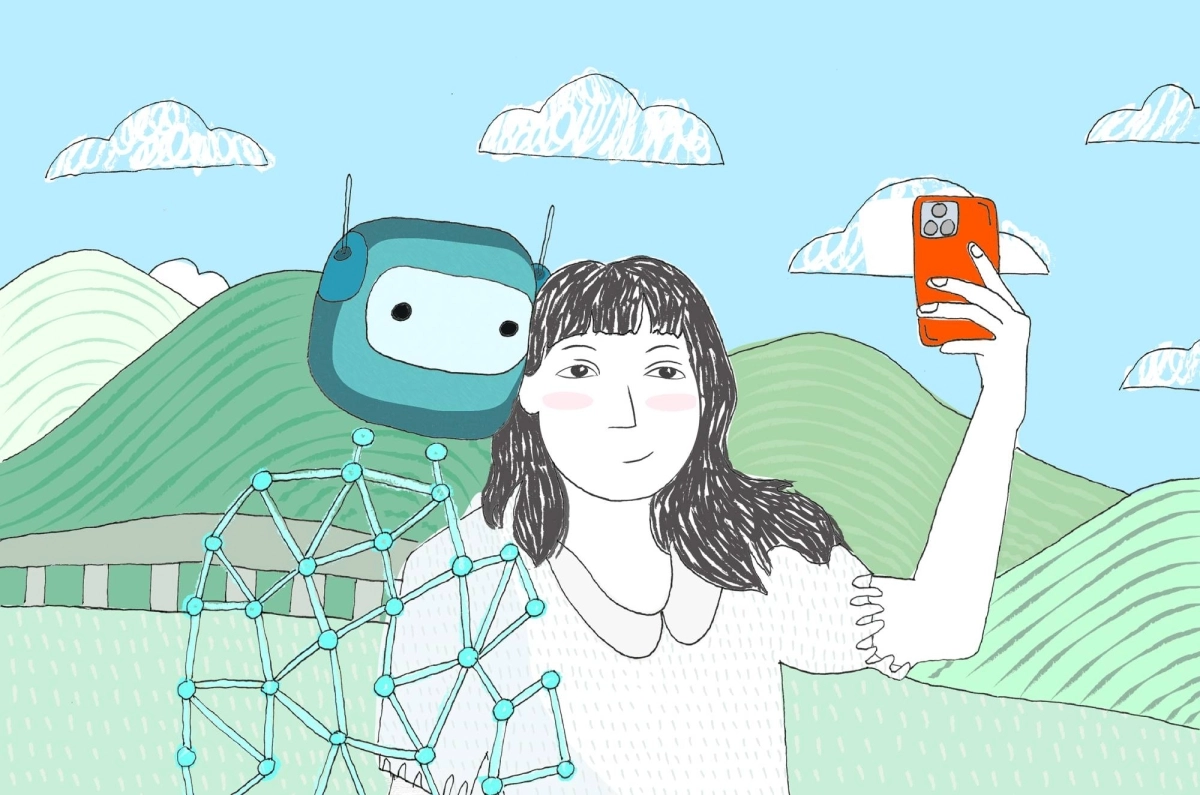

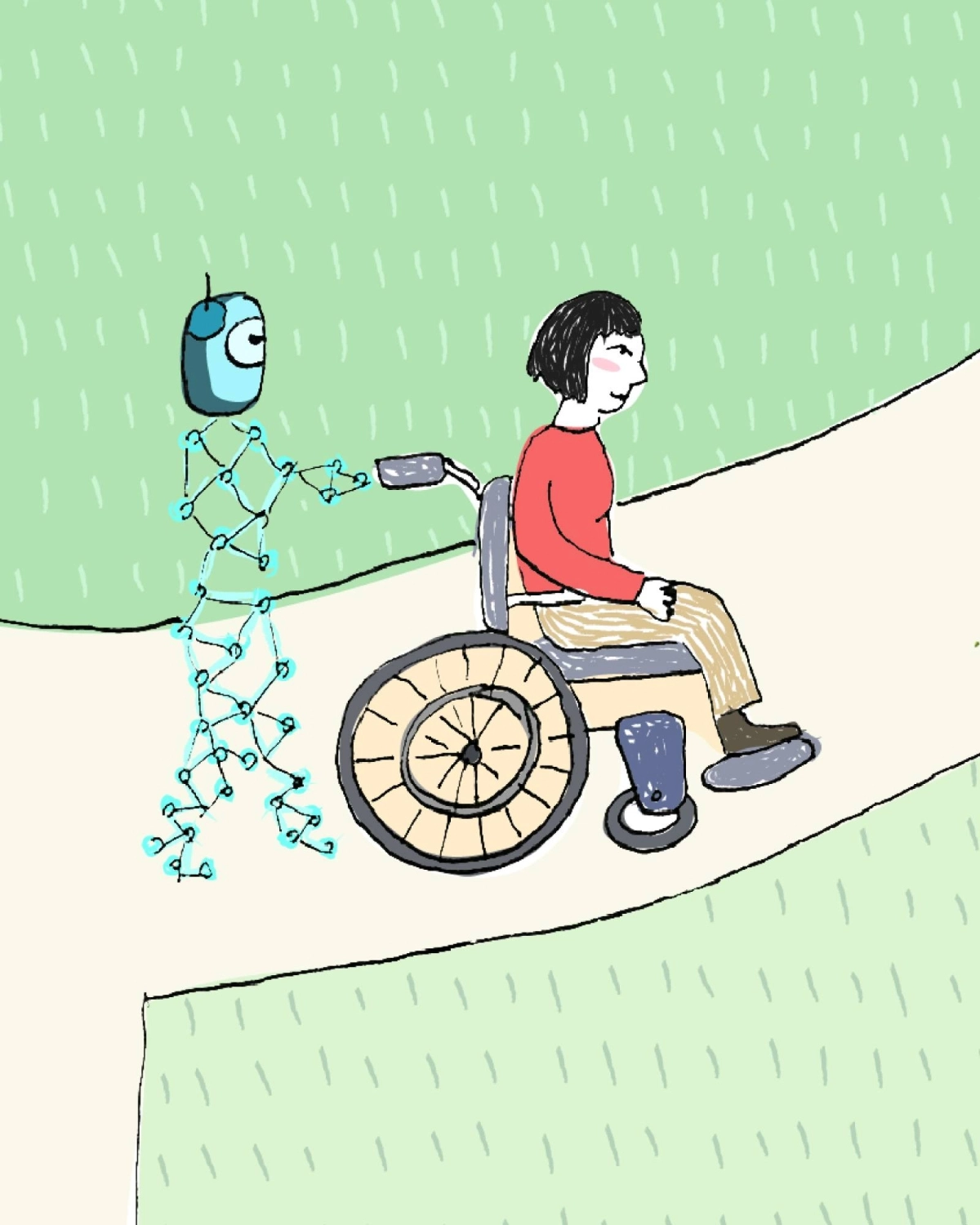
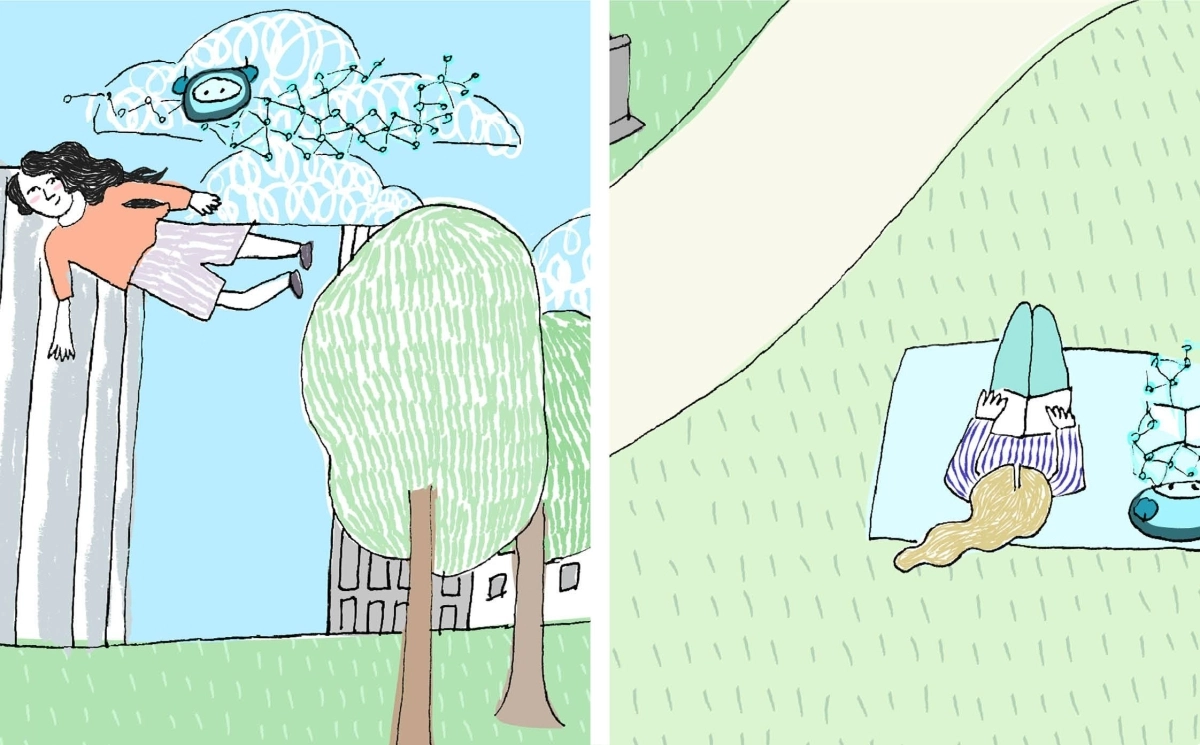
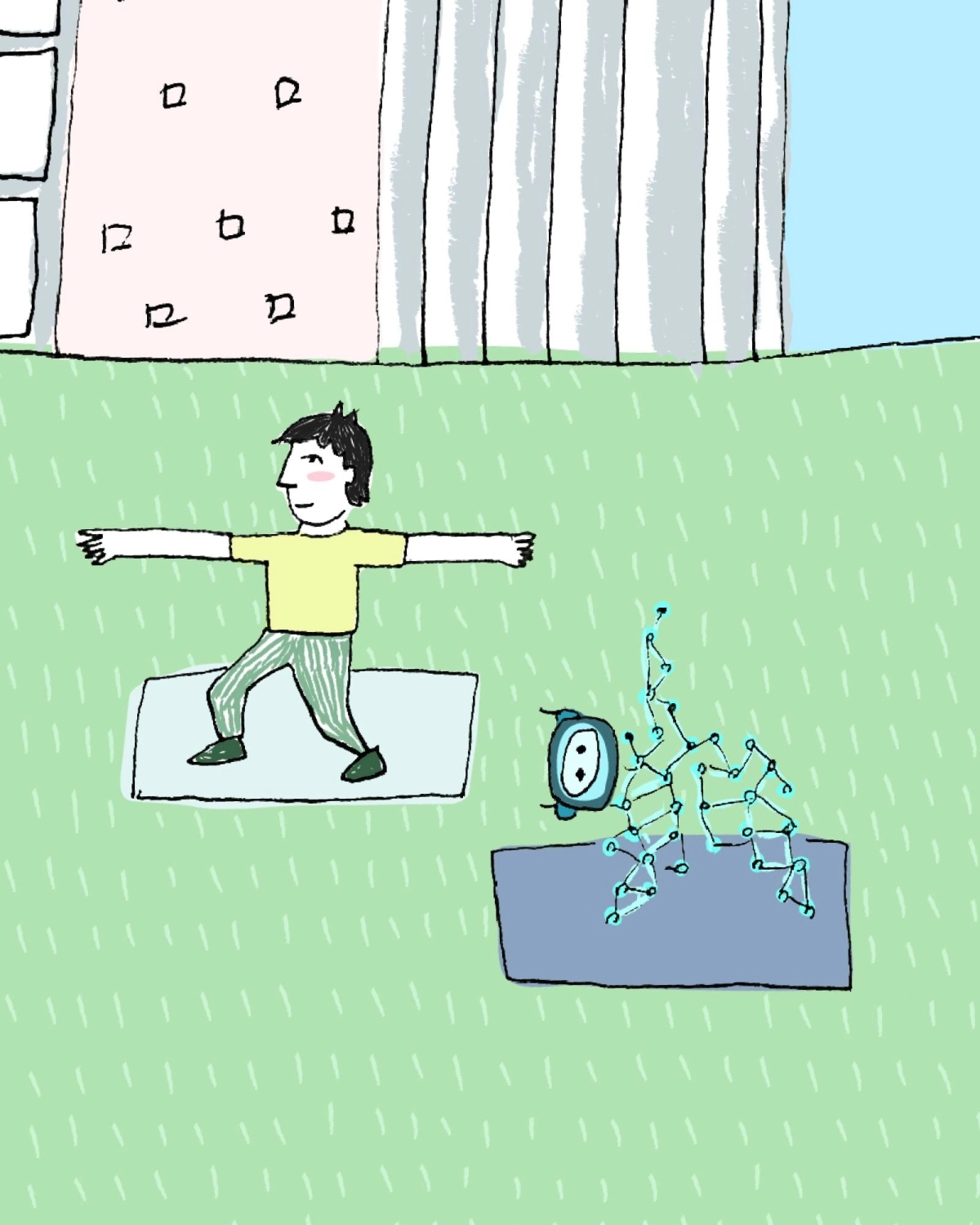
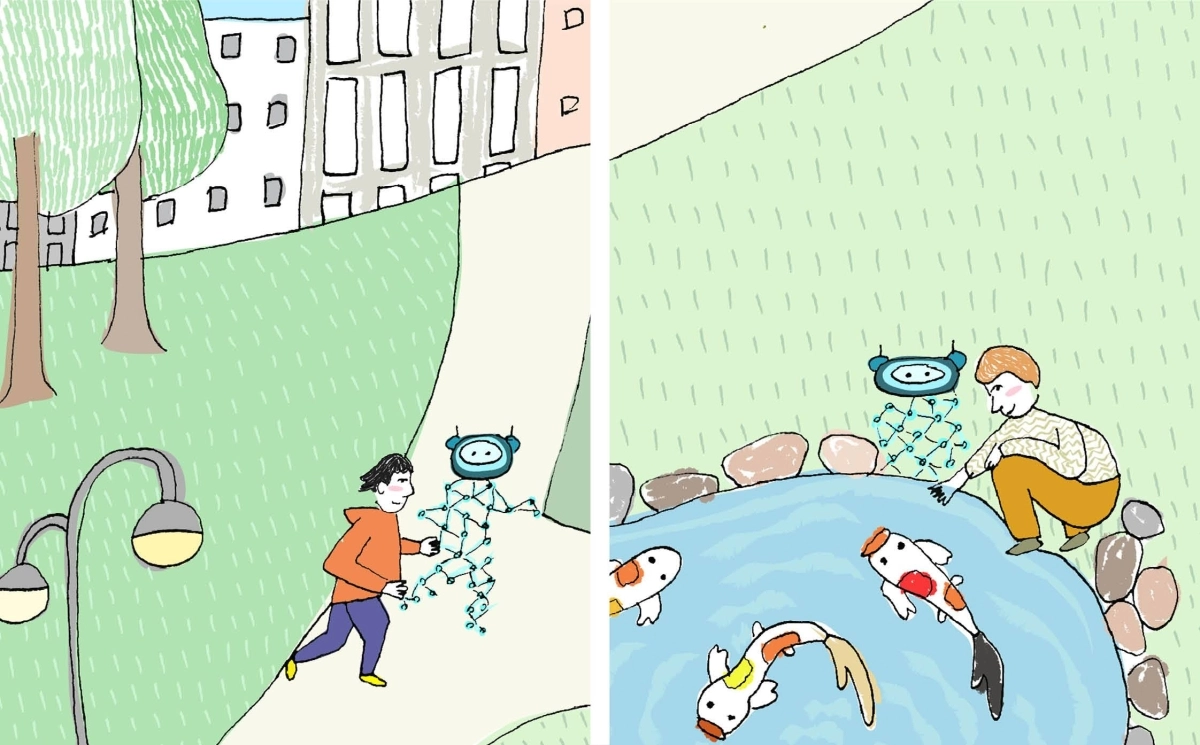
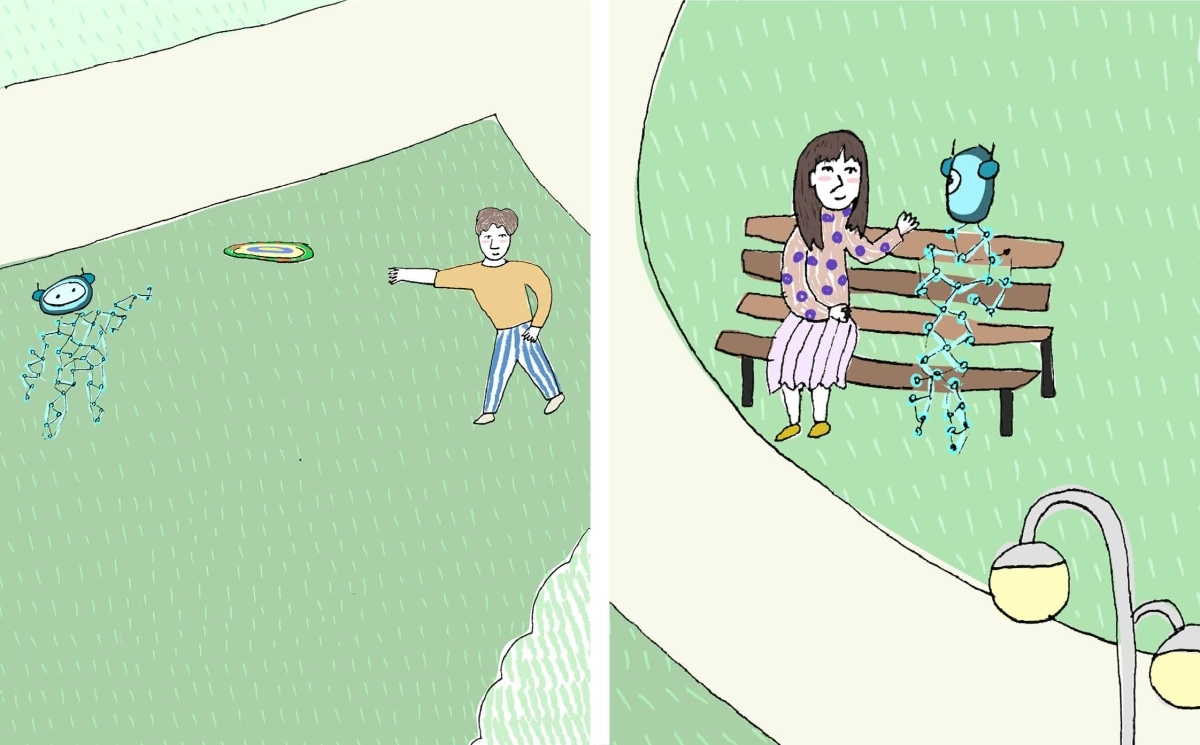








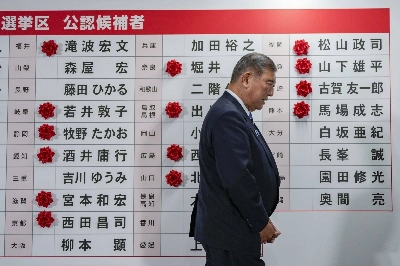












With your current subscription plan you can comment on stories. However, before writing your first comment, please create a display name in the Profile section of your subscriber account page.